Lemon Balm
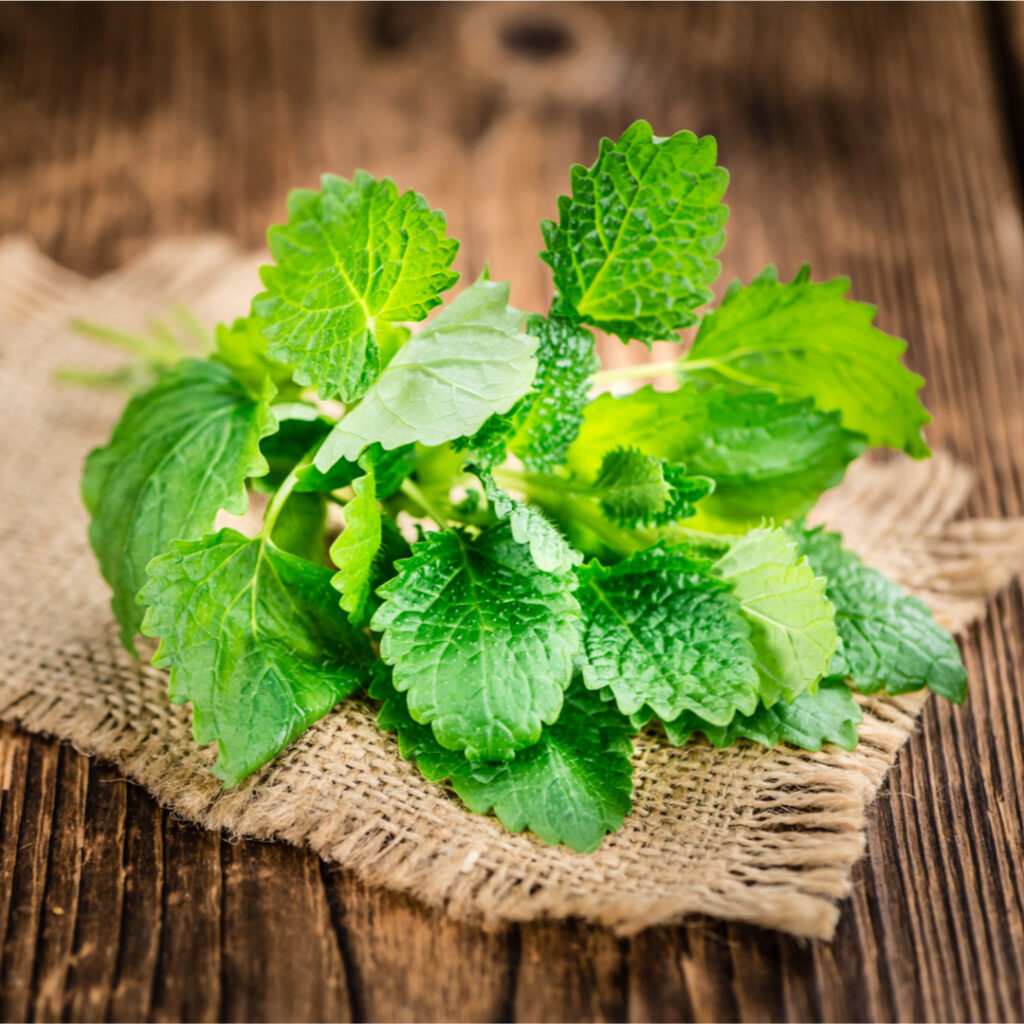
Lemon Balm is a perennial herb in the mint family, known for its lemon-scented leaves and small, delicate flowers. It has been used for centuries in herbal medicine to promote relaxation, improve mood, and treat various ailments. The herb is also popular in culinary uses and as an ornamental plant in gardens.
Size:
- Lemon Balm typically grows to a height of 24 to 36 inches (60 to 90 cm) with a similar spread, forming a bushy, rounded clump.
Color:
- The leaves are bright green, giving the plant a fresh and vibrant appearance.
- The flowers are small and pale, ranging from white to light purple, and appear in clusters during the summer.
Texture:
- The leaves of Lemon Balm are soft, slightly wrinkled, and have a slightly hairy texture, which is typical of plants in the mint family.
Fragrance:
- Lemon Balm is renowned for its strong, refreshing lemon scent, which is released when the leaves are crushed or brushed against.
Uses:
- Lemon Balm is traditionally used to reduce anxiety, promote sleep, and ease digestive discomfort. It is often taken as a tea or tincture.
- The herb is also used in cooking, particularly in desserts, salads, and beverages, where it adds a subtle lemon flavor.
- Lemon Balm is a popular choice for herbal gardens due to its pleasant fragrance and ease of growth. It also attracts bees and other pollinators, making it beneficial for the garden ecosystem.
Habitat:
- Lemon Balm thrives in well-drained soil with plenty of sunlight but can also tolerate partial shade. It is commonly found in gardens, along paths, and in meadows.
Cultural Significance:
- In traditional European medicine, Lemon Balm has been associated with healing and comfort, often used to calm the mind and heart.
- The herb has also been used symbolically in various rituals and practices to bring peace and balance to the home.
Spiritual Properties
- Calming Energy: Lemon Balm is known for its calming and soothing properties. It is often used in spiritual practices to alleviate stress and promote emotional balance.
- Healing Energy: Lemon Balm is believed to carry healing vibrations, helping to mend emotional wounds and promote inner peace.
- Attraction of Positive Energy: The herb is used in rituals and spells to attract love, success, and positive energy, making it a favored choice in spiritual practices.
Medicinal Properties
- Anxiety and Stress Relief: Lemon Balm is widely recognized for its ability to reduce anxiety, stress, and promote relaxation. It is often used in teas or tinctures to soothe the mind.
- Sleep Aid: Lemon Balm is effective in improving sleep quality and is often used as a natural remedy for insomnia or restlessness.
- Digestive Health: Lemon Balm aids in relieving digestive discomfort, such as bloating, gas, and indigestion. It is often consumed as a tea for digestive support.
- Cold Sores: Lemon Balm has antiviral properties that can help treat cold sores when applied topically. It is commonly found in creams and ointments for this purpose.
- Cognitive Function: Some studies suggest that Lemon Balm may enhance cognitive function, improving memory and concentration.
Adverse Actions & Side Effects
- Allergic Reactions: Some individuals may experience allergic reactions to Lemon Balm, including skin irritation or respiratory issues. A patch test is recommended before topical use.
- Thyroid Interaction: Lemon Balm may interfere with thyroid hormone levels, so individuals with thyroid conditions should use it with caution.
Side Effects:
- Digestive Upset: Ingesting large amounts of Lemon Balm may cause digestive upset, such as nausea, vomiting, or abdominal pain. It is recommended to use Lemon Balm in moderation.
- Drowsiness: Due to its sedative effects, Lemon Balm may cause drowsiness. It is advisable to avoid driving or operating heavy machinery after consuming the herb.
- Lowered Heart Rate: Lemon Balm may lower heart rate, so individuals with bradycardia or other heart conditions should use it cautiously.
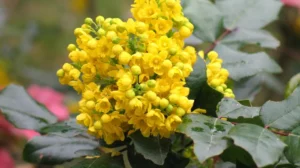
Oregon Grape Root
Oregon Grape Root Oregon Grape Root (Mahonia aquifolium) is a perennial evergreen shrub native to the Pacific Northwest region of North America. It is known
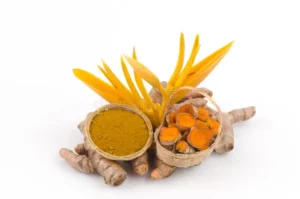
Zedoary
Zedoary Zedoary (Curcuma zedoaria) is a unique herb known for its aromatic rhizome, which is often used in traditional medicine and culinary applications. Native to

Kelp
Kelp Kelp is a type of large brown seaweed that grows in underwater forests in shallow ocean waters. It is known for its high nutrient

Echinacea and its Evolving Role in Cold Treatment
Echinacea and its Evolving Role in Cold Treatment Echinacea, a vibrant purple coneflower, has a rich history in traditional medicine, particularly valued for its immune-boosting
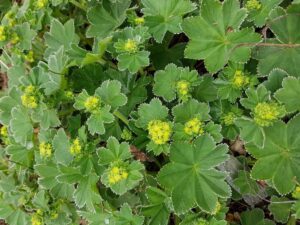
Lady’s Mantle
Lady's Mantle Lady's Mantle is a perennial herb known for its fan-shaped, serrated leaves and small yellow-green flowers. It has been traditionally used in herbal
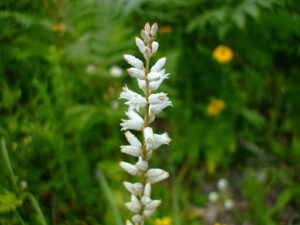
True Unicorn Root
True Unicorn Root The overall appearance of hibiscus flowers is bold and exotic, making them a popular choice for gardens, decorations, and floral arrangements. Their